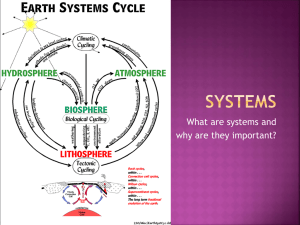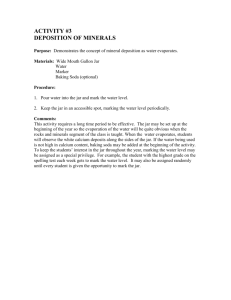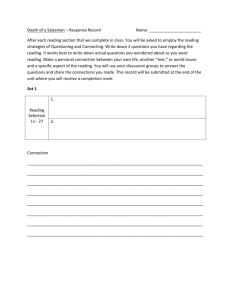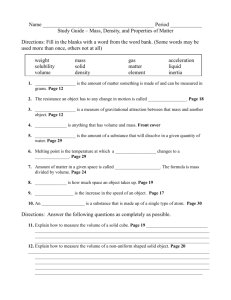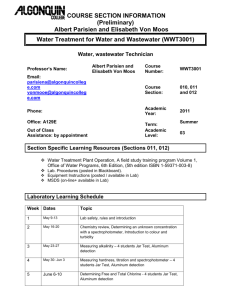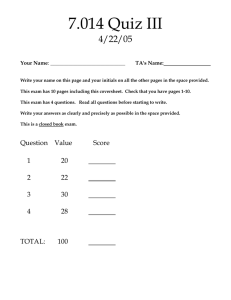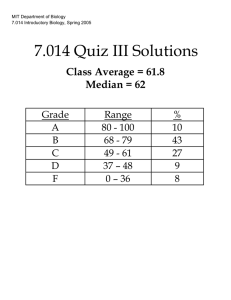united states literature since 1850
advertisement
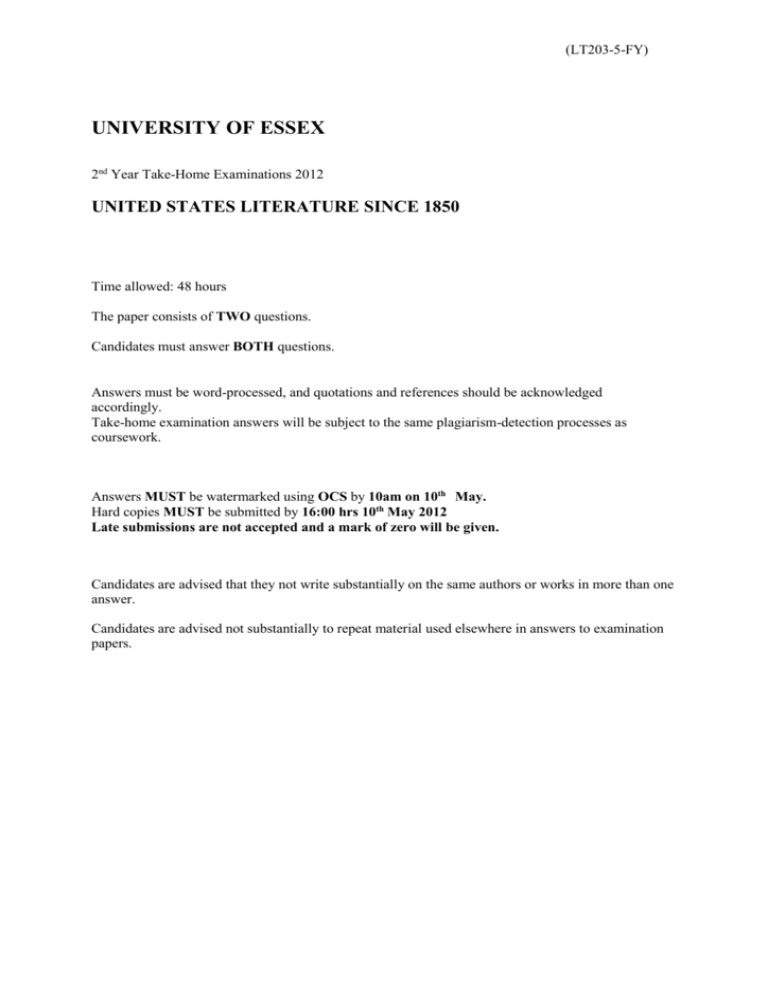
(LT203-5-FY) UNIVERSITY OF ESSEX 2nd Year Take-Home Examinations 2012 UNITED STATES LITERATURE SINCE 1850 Time allowed: 48 hours The paper consists of TWO questions. Candidates must answer BOTH questions. Answers must be word-processed, and quotations and references should be acknowledged accordingly. Take-home examination answers will be subject to the same plagiarism-detection processes as coursework. Answers MUST be watermarked using OCS by 10am on 10th May. Hard copies MUST be submitted by 16:00 hrs 10th May 2012 Late submissions are not accepted and a mark of zero will be given. Candidates are advised that they not write substantially on the same authors or works in more than one answer. Candidates are advised not substantially to repeat material used elsewhere in answers to examination papers. 1 1. Discuss ONE of the following passages or poems in the context of the work from which it is taken, and in any relevant wider contexts. a) ‘Anecdote of the Jar’ I placed a jar in Tennessee, And round it was, upon a hill. It made the slovenly wilderness Surround that hill. The wilderness rose up to it, And sprawled around, no longer wild. The jar was round upon the ground And tall and of a port in air. It took dominion everywhere. The jar was gray and bare. It did not give of bird or bush, Like nothing else in Tennessee. Wallace Stevens b) WILLY: Oh, yeah, my father lived many years in Alaska. He was an adventurous man. We’ve got quite a little streak of self-reliance in our family. I thought I’d go out with my older brother and try to locate him, and maybe settle in the North with the old man. And I almost decided to go, when I met a salesman in the Parker House. His name was Dave Singleman. And he was eighty-four years old, and he’d drummed merchandise in thirty-one states. And old Dave, he’d go up to his room, y’understand, put on his green velvet slippers – I’ll never forget – and pick up his phone and call the buyers, and without ever leaving his room, at the age of eighty-four, he made his living. And when I saw that, I realized that selling was the greatest career a man could want….Do you know? when he died – and by the way he died the death of a salesman, in his green velvet slippers in the smoker of New York, New Haven, and Hartford, going into Boston – when he died, hundreds of salesmen and buyers were at his funeral. Things were sad on a lotta trains for months after that. In those days there was personality in it, Howard. There was respect, and comradeship, and gratitude in it. Today, it’s all cut and dried, and there’s no chance for bringing friendship to bear – or personality. You see what I mean? They don’t know me any more. Arthur Miller, Death of a Salesman c) Some weeks later there was a curious scene enacted at L’Abri. In the center of the smoothly swept back yard was a great bonfire. Armand Aubigny sat in the wise hallway that commanded a view of the spectacle; and it was he who dealt out to a half dozen negroes the material which kept this fire ablaze. A graceful cradle of willow, with all its dainty furbishings, was laid upon the pyre, which had already been red with the richness of a priceless layette. Then there were silk gowns, and velvet and satin ones added to these; laces, too, and embroideries; bonnets and gloves; for the corbeille had been of rare quality. The last thing to go was a tiny bundle of letters; innocent little scribblings that Désiree had sent to him during the days of their espousal. There was the remnant of one back in the drawer from which he took them. But it was not Désiree’s; it was part of an old letter from his mother to his father. He read it. She was thanking God for the blessing of her husband’s love:— 2 “But, above all,” she wrote, “night and day, I thank the good God for having so arranged our lives that our dear Armand will never know that his mother, who adores him, belongs to the race that is cursed with the brand of slavery.” Kate Chopin, ‘Désiree’s Baby’ d) For a time this pursuing recollection of the tattered man took all elation from the youth’s veins. He saw his vivid error, and he was afraid that it would stand before him all his life. He took no share in the chatter of his comrades, nor did he look at them or know them, save when he felt sudden suspicion that they were seeing his thoughts and scrutinizing each detail of the scene with the tattered soldier. Yet gradually he mustered force to put the sin at a distance. And at last his eyes seemed to open to some new ways. He found that he could look back upon the brass and bombast of his earlier gospels and see them truly. He was gleeful when he discovered that he now despised them. With the conviction came a store of assurance. He felt a quiet manhood, nonassertive but of sturdy and strong blood. He knew that he would no more quail before his guides wherever they should point. He had been to touch the great death, and found that, after all, it was but the great death. He was a man. So it came to pass that as he trudged from the place of blood and wrath his soul changed. He came from hot ploughshares to prospects of clover tranquillity, and it was as if hot ploughshares were not. Scars faded as flowers. Stephen Crane, The Red Badge of Courage 2. Compare the work of TWO writers of the period in terms of their use or treatment of ONE of the following: a) b) c) d) e) f) g) h) i) j) faith; journeys; prejudice; possibility; origins; conflict; formal innovation; autobiography; social codes; local AND/OR regional AND/OR national AND/OR international. END OF PAPER
